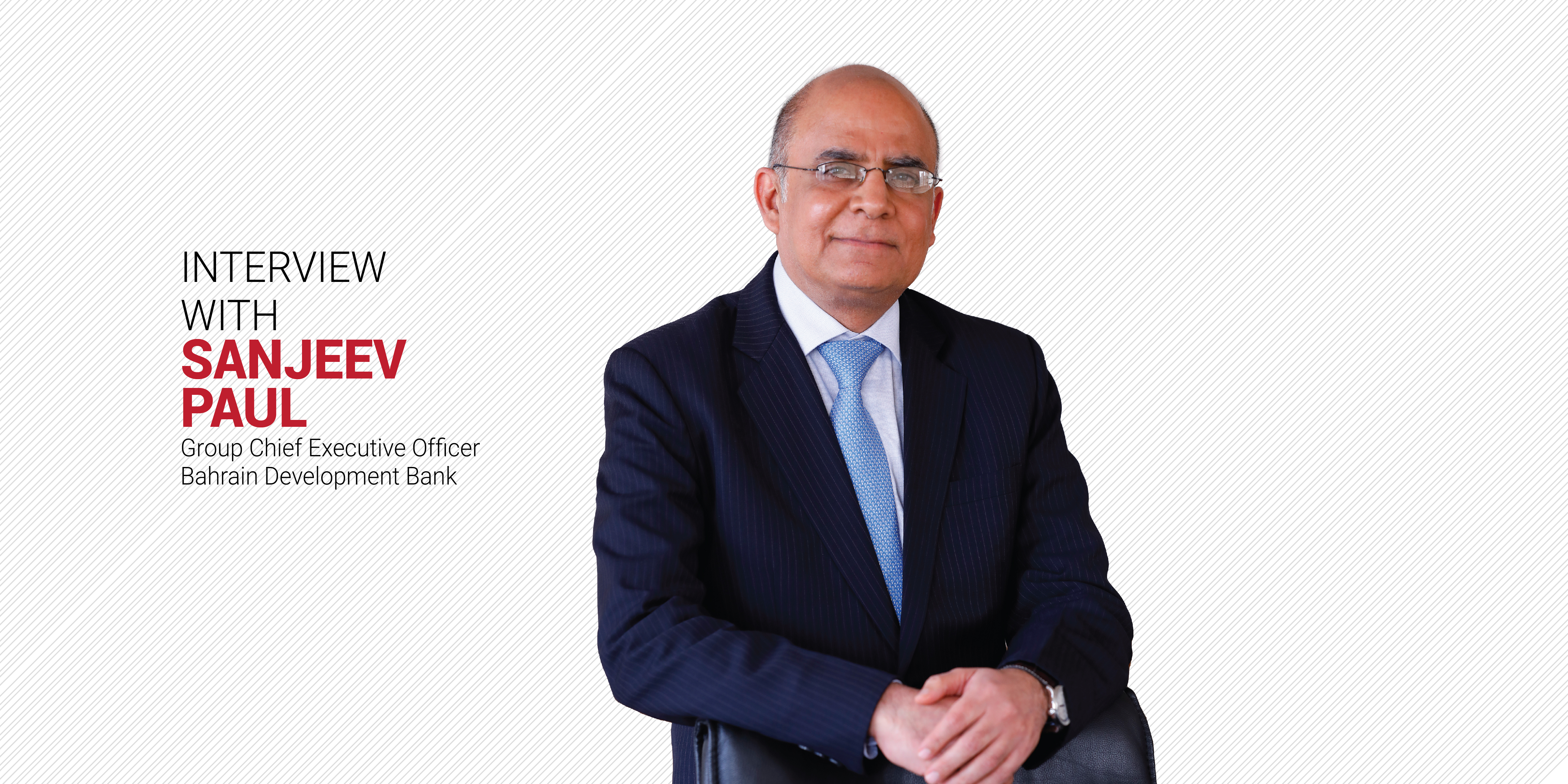Organizational Training

Why training in any organization matters despite the economy
Most of us are familiar with the concept of the Industrial Revolution that occurred around the turn of the nineteenth century. More recently, historians talk of two industrial revolutions: the first being the transition from handmade cottage industries to manufacturing processes and the second being characterised by the advent of steel and cheaper power that was not so reliant upon coal which enabled mass production.
These days, we are in what is called the communications revolution which is alternatively referred to as the digital or information age that is characterized by the rapid shift from traditional industrial economies to globalization, automation and economies based more upon information technology.
Part of the reason why we have developed as far as we have is down to the exchange of ideas and information, which reminds me of a quote that is often misattributed to George Bernard Shaw, but which was in fact written by a US politician, Charles F. Brannan. He said, “If you have an apple and I have an apple and we exchange these apples, then you and I will still each have one apple. But, if you have an idea and I have an idea and we exchange ideas, then each of us will have two ideas.”
The concept of idea sharing can also be considered as education or training. Dr. Stephen Covey in his book, “The 7 Habits of Highly Effective People” mentioned Habit 7 which is “Sharpen the Saw”. We must seek to learn from every opportunity and every setback. Life is about learning and getting better at everything you do.
Recently during a sales pitch, my potential customer explained that due to the economic downturn, they had stopped training for the financial year. I was flabbergasted! I asked him if he was a football fan and he admitted being a Real Madrid supporter. At which point I said to him, “You wouldn’t stop a team like Manchester United from training – so why do it to your business? I then went on to tell one of my favourite stories about a CFO and CEO having a conversation and the CEO says, “What happens if we train our people and they leave?“ The CFO responds, “What happens if we don’t train them and they stay?”
Training is plentiful you can find it everywhere – books, videos, webinars and exhibitions. My advice is that training needs to be embedded with practical application or else it becomes unused knowledge that is eventually forgotten and becomes a waste of time and money. All training should be embedded with coaching follow-up sessions to ensure that the learning is being applied and to understand if it can be used in a better or different way in your organisation.
Don’t stint on training your people and your people won’t let you down!
Michael Jackson
Principal Coach
Michael Jackson is a passionate
coach, trainer and public speaker.
mike.jackson@elev8.coach














